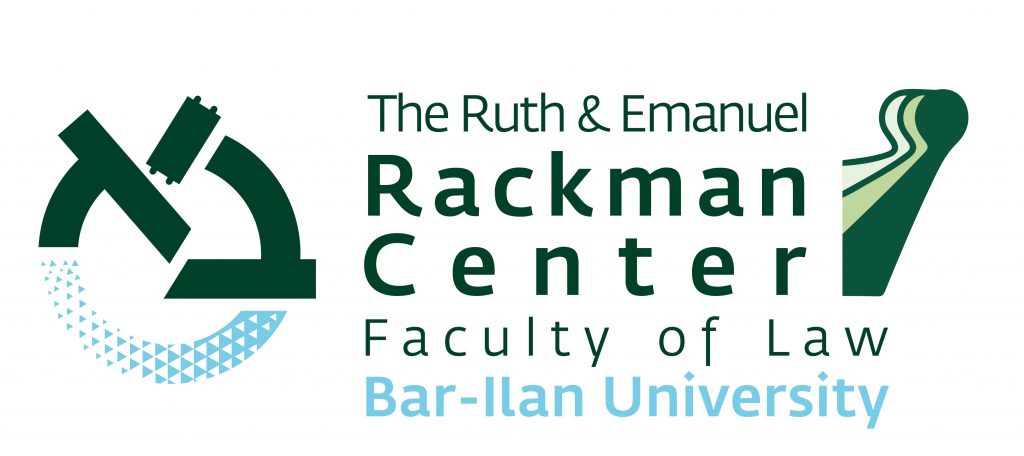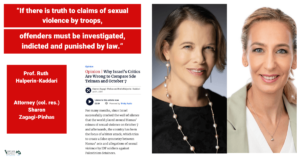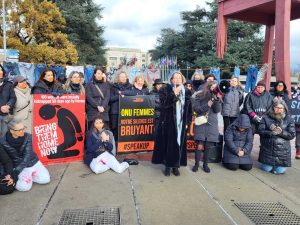Prof. Ruth Halperin-Kaddari’s lecture presents how the legal system deals with severed parent-child relationships (parental alienation) within the framework of divorce: “When, close to a divorce, a boy or girl refuses contact with one of the parents, it is very important to examine the cause of this refusal…There is a lack of knowledge about how to distinguish between a severed parent-child relationship due to the divorce conflict versus a severed relationship due to domestic violence.” says Prof. Halperin-Kaddari.
“An accurate diagnosis is critical and, unfortunately, today in Israel the reality includes:
- A lack of training for those who deal with domestic violence
- A lack of training on child examinations in divorce cases
- A trend of preferring contact between a child and both parents – at any cost, even when violence is involved
- The appointment of experts who are also therapists, which presents a conflict of interest
- Mothers who report violence potentially face the danger of being accused of inciting the child against the father, which can lead to the loss of custody. Failure of not reporting it could potentially lead to an accusation of parental alienation.
While there are cases where one parent incites the child against the other, the growing trend to prefer contact with both parents at any cost and to quickly appoint an expert for “parental alienation” is dangerous. It is necessary to practice in-depth investigations of allegations of violence and to appoint professionals who specialize in domestic violence for this purpose.”
Prof. Halperin-Kaddari’s lecture was delivered as part of a series organized by the Harov Institute on the topic: From Inciting to Silence – The system’s response to violence against children.






